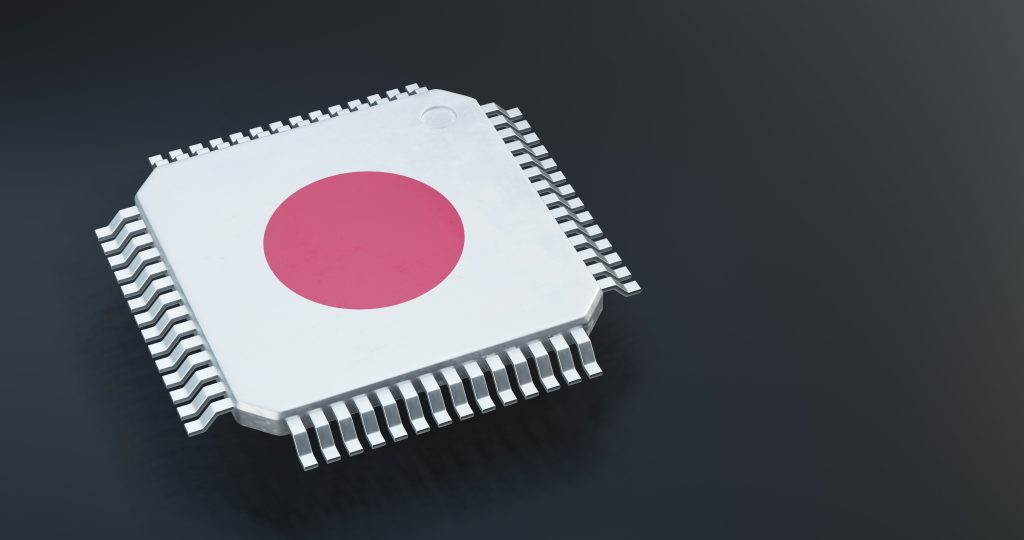Japan and ASEAN collaborate to extract critical materials from e-waste
The partnership, established during an environment ministers’ meeting, seeks to address the escalating issue of improper electronic waste disposal, which poses environmental and health risks.

Japan and ASEAN member nations have agreed to collaborate on extracting critical materials from discarded electronic devices like smartphones to leverage the region’s increasing e-waste for valuable resources. This cooperation aims to address the growing issue of electronic waste, which reached 3.5 million tonnes in ASEAN countries in 2019, causing environmental and health concerns due to improper disposal practices.
Japan will assist in establishing proper rules and systems for electronic waste disposal, including registration and certification for collection and dismantling businesses. This effort is paramount to Japan’s strategy, as it seeks to secure critical minerals required for the proliferation of electric vehicles and storage batteries while considering its limited natural metal resources.
With Europe and the US focusing on retaining electronic waste resources domestically, Japan is collaborating with ASEAN to secure these materials.
Why does it matter?
This collaboration reflects the growing importance of regional partnerships in addressing global challenges, such as e-waste management. By safely extracting these materials from e-waste, Japan and ASEAN can contribute to resource sustainability, reduce dependence on finite natural resources, and promote a circular economy.
